CONTACT US: 0919 058 5858 | 02 899 51920
CONTACT US:
0919 058 5858 | 02 899 51920
The Southwest Monsoon or Habagat is here and zinc is just what you need to fight off viruses and bacteria and bolster your overall immune system during the rainy season.
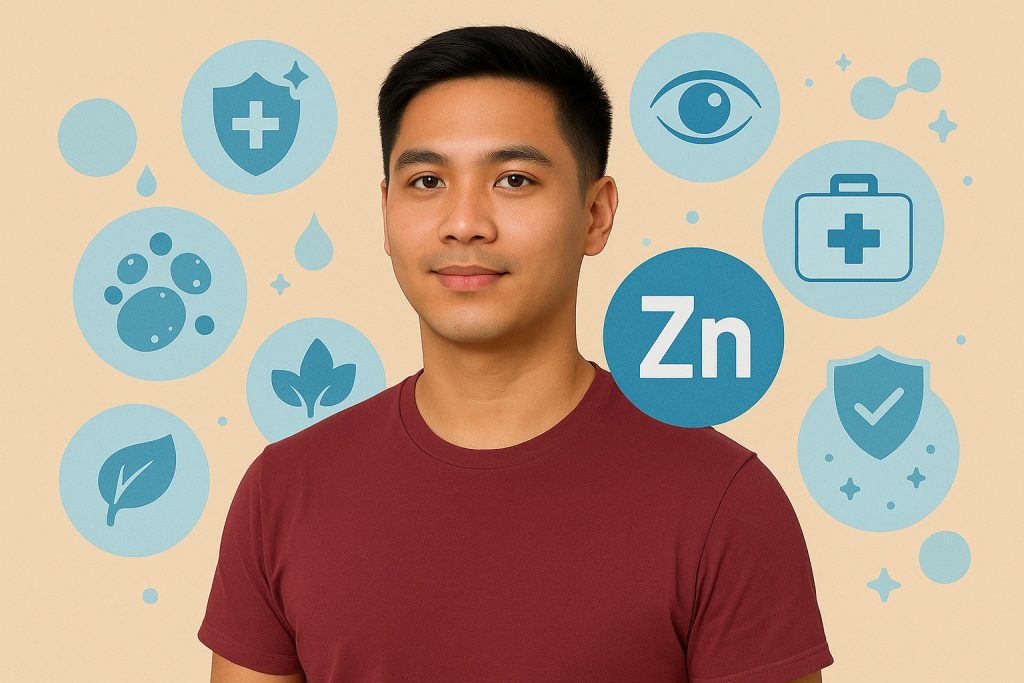
Zinc is an essential nutrient that helps carry out different bodily functions including boosting the immune system, healing damaged tissue, supporting cell growth and development, and more. Understanding zinc’s crucial role in the body and preventing deficiency can improve health, not only during the rainy season but throughout the year.
According to the Healthline, the body doesn’t produce zinc naturally so it is your responsibility to ensure that you get it from food or supplements. Even a mild zinc deficiency can lower your immune system and make you more susceptible to infections.
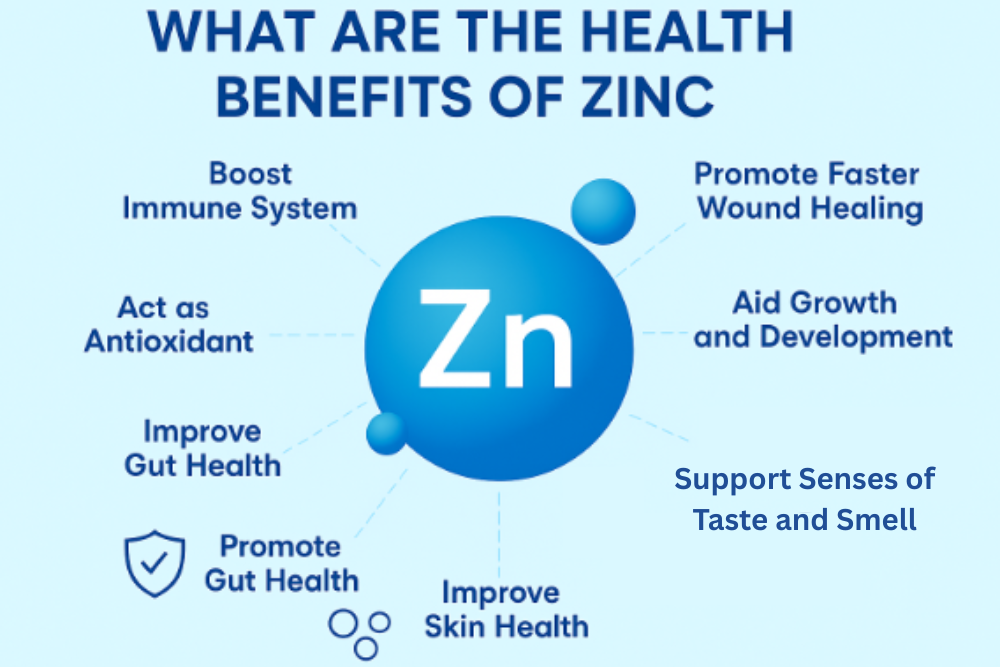
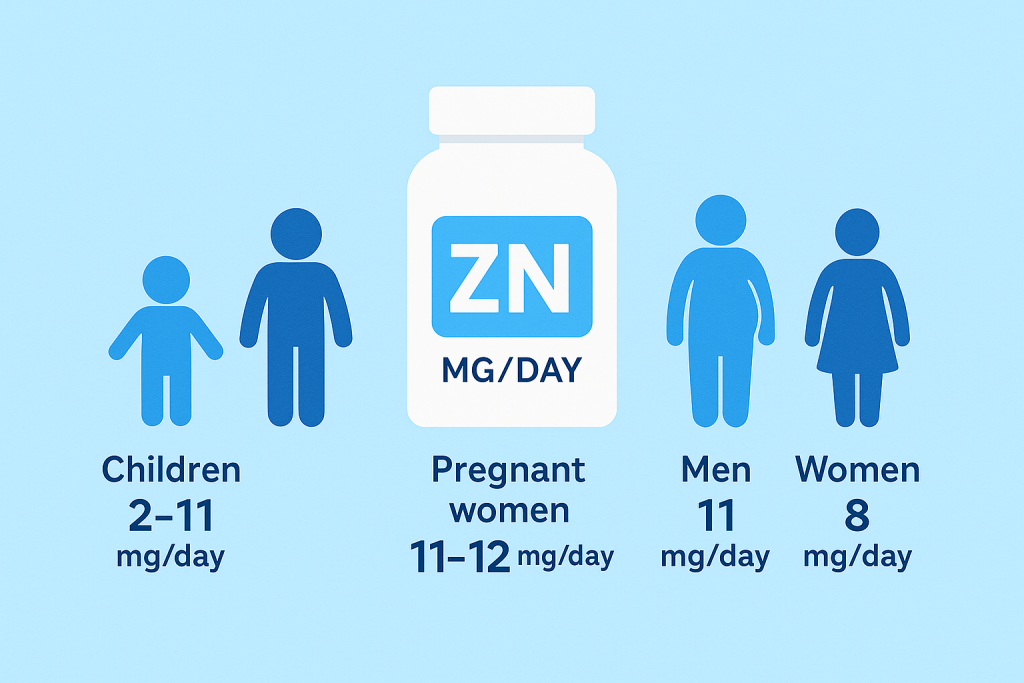
According to the Mayo Clinic, the recommended daily allowance (RDA) for zinc varies by age, gender, and life stage. A typical adult male, age 19 and above, needs around 11 mg/day of zinc, while an adult female in the same age group needs about 8 mg/day. Pregnant and nursing mothers need more zinc, around 11-12 mg/day. Children also need zinc between 2 – 11 mg/day, depending on their age and gender. Consult your pediatrician about the right dosage.

Zinc deficiency often stems from insufficient zinc in the diet, leading to common symptoms such as:
While severe zinc deficiency is highly unusual, it can happen to people with rare genetic mutations, individuals with alcohol addiction, and those taking certain immune-suppressing drugs. It may also affect breastfed infants whose mothers have profound zinc deficiency.
According to the Medical News Today, severe zinc deficiency can trigger various health issues, including:
In children, this deficit can cause cognitive impairment and stunting, a condition where a child is too short or significantly falls below the growth standards for their age. Children in developing countries are vulnerable to this condition due to diets that often lack essential nutrients. Research involving Filipino preschoolers in the Philippines indicates that inadequate zinc intake contributes to stunting. In adults, severe zinc deficiency may impact reproductive health and make them more prone to certain diseases.
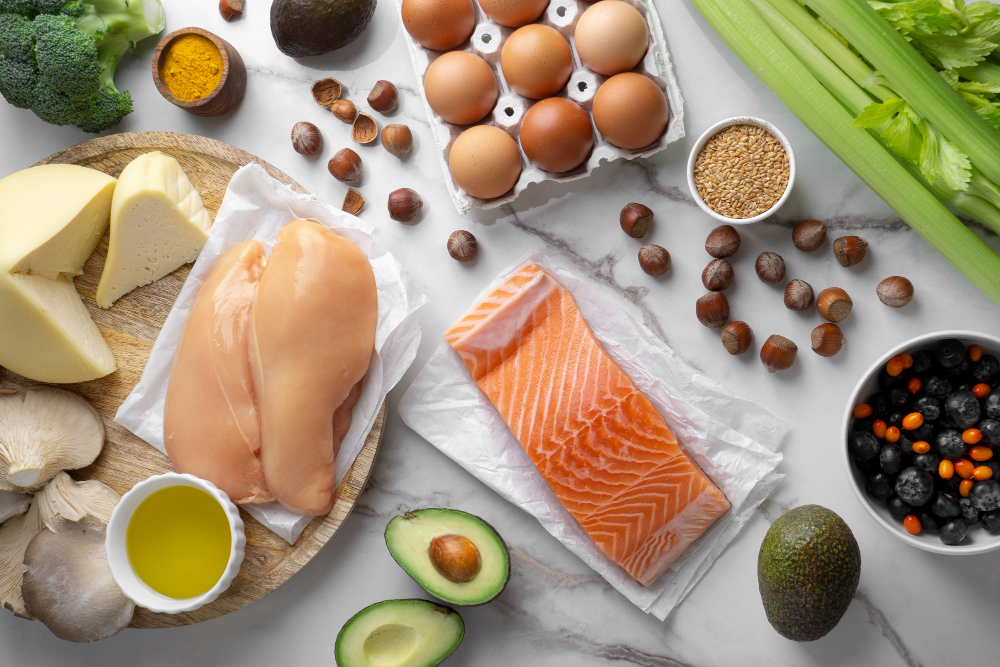
A good way to guard against zinc deficiency is by including zinc-rich foods in your meals. Here are some excellent food sources of zinc:

If you think that you might have zinc deficiency, the first step is to consult with a healthcare professional to assess your symptoms and evaluate your risk factors. The healthcare professional may request blood tests to check your zinc levels.
Although supplements can help manage confirmed deficiency, it’s best taken under medical supervision to determine the proper dosage and prevent adverse effects that could disrupt the balance of essential minerals like copper.
Zinc is a fundamental nutrient that supports health from boosting the immune system to aiding proper growth and development. By understanding the crucial roles that zinc plays in your body and making mindful dietary choices, you can harness the power of this essential mineral to boost your health and prevent deficiency.
For a broader approach to well-being, getting an affordable emergency prepaid health card Philippines can provide an invaluable layer of support and peace of mind, especially during an emergency.
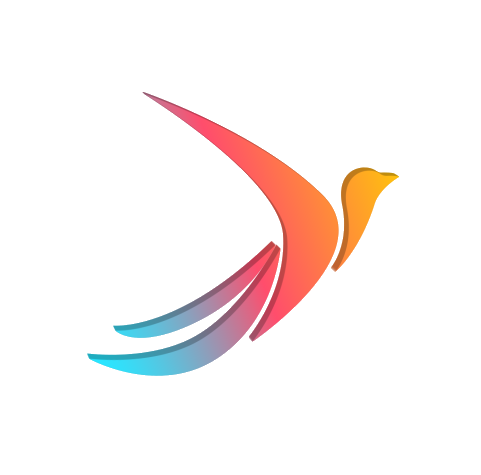
Easy access health plan options for the Filipino community.
We know finding the right healthcare plan can be a complex and confusing task.
Our health plan specialists are always here to help 24/7.
Got more questions?